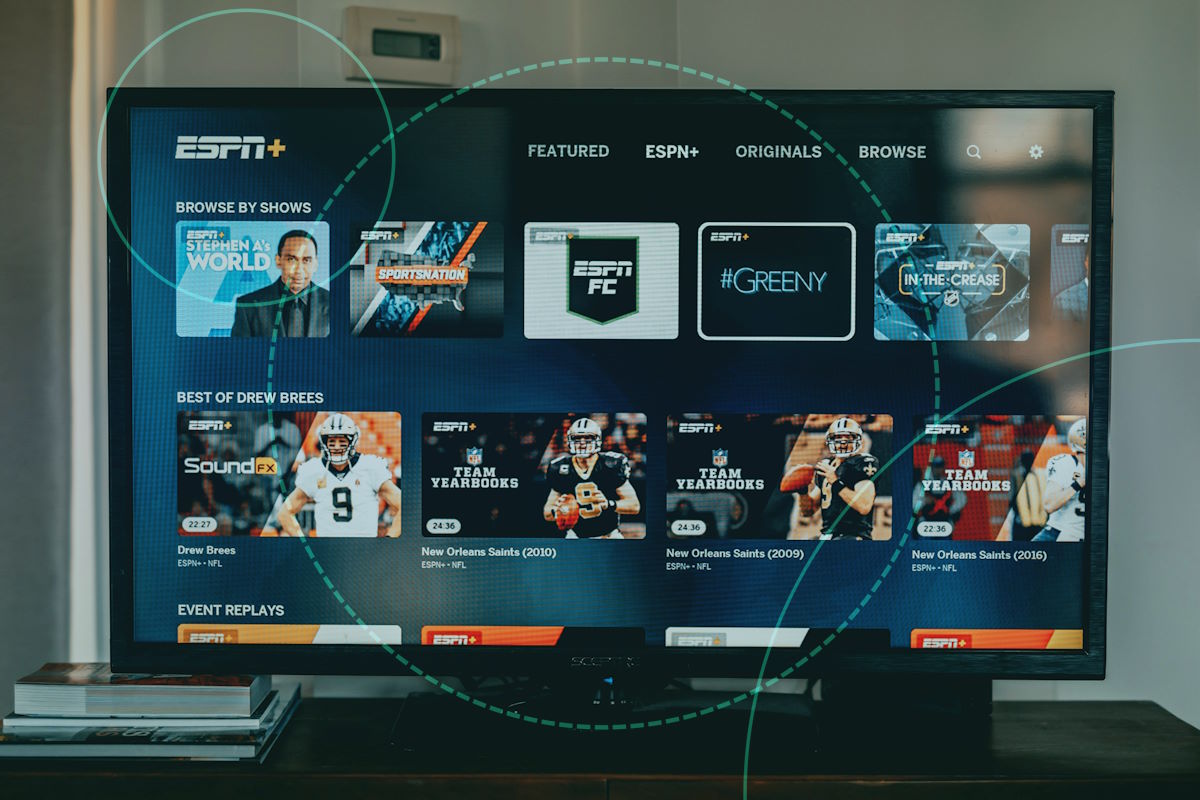A programmatic ad exchange allows for the buying and selling of digital inventory across various platforms and devices.
Programmatic ad exchanges are essential to advertisers and publishers who wish to manage digital inventory at scale
A programmatic ad exchange is a digital marketplace that facilitates the buying and selling of online advertising space. It allows publishers to list their ad inventory in auctions that advertisers bid on in real time, often through automated systems and algorithms. This system benefits both parties by enabling publishers to maximize the value of their ad space and helping advertisers reach their desired audience at the right time and place. Programmatic exchanges play a crucial role in the modern advertising industry, allowing for the buying and selling of inventory across various platforms and devices.
Read more in The Ultimate Guide to Programmatic Marketing.
Who Uses Ad Exchanges?
Programmatic ad exchanges are commonly used by advertisers, publishers, and ad networks. Some parties may use DSPs (demand-side platforms), and SSPs (supply-side platforms) to manage inventory across multiple exchanges within the digital advertising ecosystem.
- Advertisers utilize ad exchanges to purchase ad inventory and reach their target audience across various websites and platforms. They can use ad exchanges to access a wide range of ad placements and target specific demographics or interests.
- Publishers use ad exchanges to sell their ad inventory to advertisers, maximizing their revenue by reaching the right audience for their content.
- Ad networks utilize ad exchanges to aggregate and sell ad space from multiple publishers to advertisers.
- DSPs enable advertisers to manage and optimize their ad campaigns across multiple ad exchanges and ad networks, automating the buying process and targeting specific audiences.
- SSPs enable publishers to manage and optimize their ad inventory across various ad exchanges, ensuring they get the best price for their available ad space.
Ad Exchange Benefits
A programmatic ad exchange offers numerous benefits for both publishers and advertisers. For publishers, they provide a channel to sell inventory while optimizing ad space for the highest revenue. Ad exchanges also offer a variety of brand safety mechanisms, ensuring that the ads displayed on their sites are relevant and safe for their audience. Furthermore, ad exchanges provide publishers with performance measurement tools, allowing them to analyze and optimize their ad placements for maximum results.
Meanwhile, advertisers benefit when a programmatic exchange grants access to diverse and wide-ranging digital markets. Advertisers have the flexibility to target specific audiences and optimize their campaigns in real time based on performance data. This level of control and optimization leads to more efficient and effective ad placements, ultimately maximizing their return on investment.
Overall, ad exchanges offer invaluable advantages to both publishers and advertisers, providing a platform for more control, optimization, and ultimately, better results for all parties involved.
Types of Ad Exchange
Open Ad Exchange
An open programmatic ad exchange is a virtual marketplace that is accessible to all buyers and sellers. These platforms manage a large volume of impressions at scale, as inventory is bought and sold across the widest pool of publishers and advertisers. However, the open nature of these exchanges also raises concerns about security and digital ad fraud, as it can be challenging to monitor and control the quality of the inventory being traded.
Private Ad Exchange
A private ad exchange is a closed platform that allows premium publishers to control the buying and selling of ad inventory directly with a select group of advertisers. This provides publishers with the ability to maintain control over their inventory and ensure that only high-quality ads are displayed on their sites. Advertisers benefit from accessing premium inventory and being able to target specific audiences more effectively.
Preferred Deal Exchanges
A preferred deal exchange creates a direct line of communication between publishers and advertisers — publishers can offer inventory directly to publishers and negotiate on a fair price. This approach is ideal for precisely targeted placements with secure expectations for engagements and performance.
Preferred deals can foster stronger relationships between publishers and advertisers as they allow for more transparency and control. Publishers can work closely with advertisers to understand their goals and create campaigns that truly resonate with their audience. Meanwhile, advertisers can expect stable pricing compared to a traditional ad exchange, programmatic or not, and trust that campaigns will reach a target audience.
Ad Exchange Examples
Top ad exchange examples in the industry include Google Ad Exchange, OpenX, AppNexus, Rubicon Project, and Verizon Media.
- Google Ad Exchange is a real-time marketplace that connects publishers and advertisers, allowing for the buying and selling of display, video, and mobile ad inventory.
- OpenX manages a global ad exchange platform that provides a transparent and efficient marketplace for premium ad inventory.
- AppNexus offers a programmatic advertising technology platform for real-time bidding and ad serving.
- Rubicon Project is an advertising automation platform that connects buyers and sellers through a marketplace for digital advertising.
Make tvScientific Your CTV Partner
tvScientific was co-founded by senior executives with deep roots in search, programmatic advertising, digital media, and ad verification. We think scientifically, and our results are driven by a belief in one, simple formula: Trust = Data x Transparency x Control.
With powerful attribution capabilities, real-time reporting, automated optimization, and built-in, always-on testing, we believe that tvScientific provides the most robust, transparent, tailored CTV advertising platform. Once you see it for yourself, we know you will too. Request a demo today.






